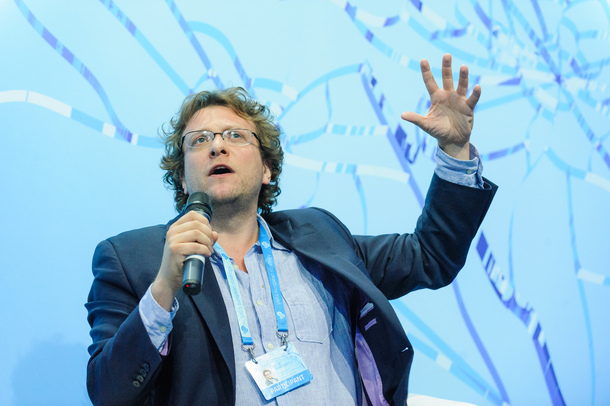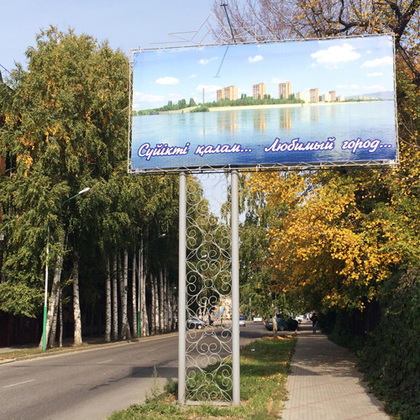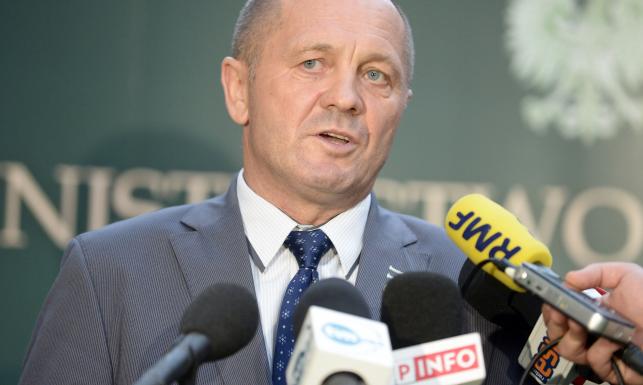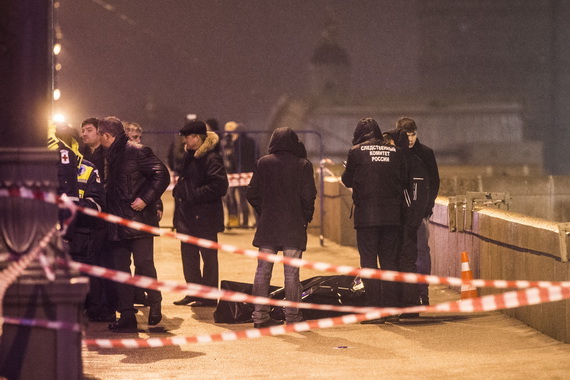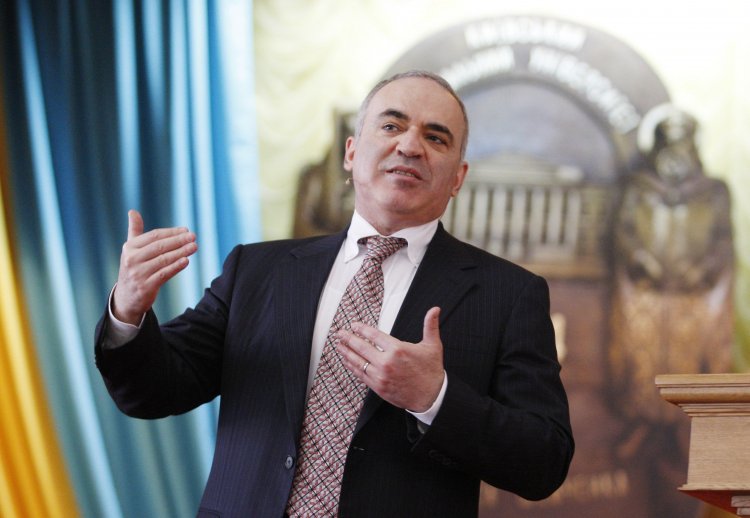Peter Pomerantsev, the Kyiv-born author of “Nothing is True and Everything is Possible,” says that Moscow propaganda works because it breaks down the distinctions between fact and fiction and provides emotionally satisfied narratives regardless of their truthfulness.
In a speech to the Yalta European Strategy Forum in Kyiv reported by the “Kyiv Post” yesterday, Pomerantsev points out that “’Back in the 20th century we had a very clear perception of what propaganda was,’ adding that back then propaganda stemmed from the absence of information. ‘It was about getting the truth through the Iron Curtain.’”
“But since then,” he continues, “the nature of Kremlin propaganda has drastically changed,” basing his conclusion on his research among Russian-speakers in the Baltic countries. “Now they have access to local, Russian and Western media,” he points out, and thus “instead of a lack of information, they almost have too much.”
The reaction of people in these communities, Pomerantsev says, is “not to believe anyone” but to decide that they would “go with the Russians because they are more emotional and the stories they tell are more exciting. They are more objective because they are more like the cinema.” Not more true, but easier to assimilate.
Pomerantsev says that “the essence of disinformation has always been to muddy the waters and sow confusion.” As a result of that effort now, some people say “’I don’t really know what’s going on. Ukraine is far away. Why should I care?’” And in that situation, Russia’s destruction of “any border between facts and fiction – and it was really pretty damn shaky” has been destroyed.
“The Kremlin narrative,” he says, “now is that ‘there is no truth out there, and you’ll never find it; but go with us because our emotional content is more vital.” That promotes cynicism and “cynicism breaks down critical thinking” because at its root “is something quite medieval and emotional – a world of myths and storytelling.”
“When you don’t believe in facts,” Pomerantsev concludes, “you are just left with that.”




